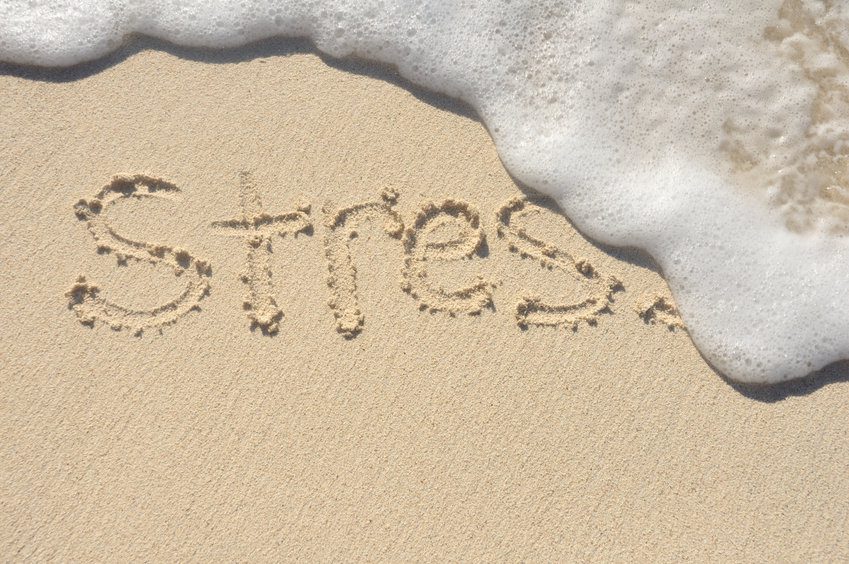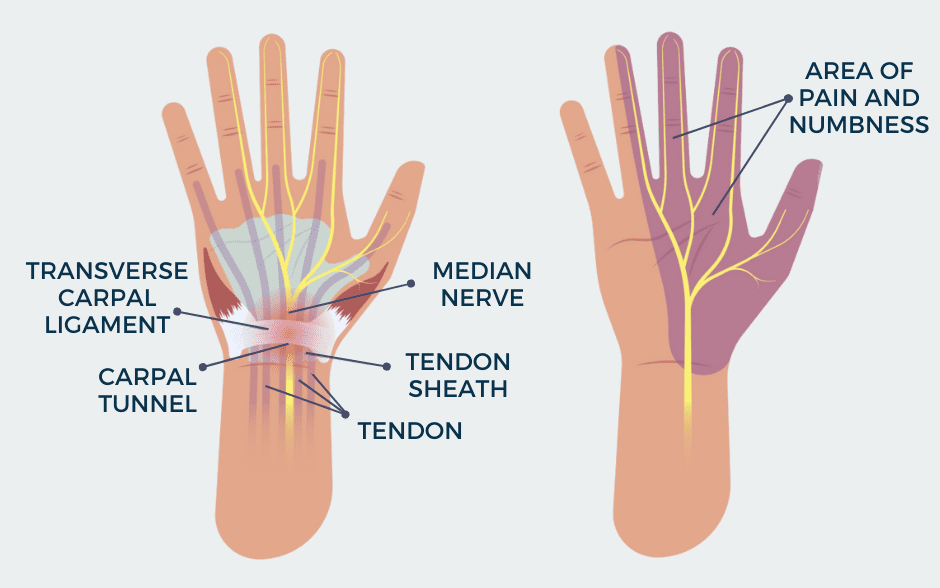Stress Management: How Physical Therapy Can Help
Stress is a natural part of life, but when it becomes chronic, it can significantly affect your health. Long-term stress increases cortisol levels, weakens the immune system, and can trigger somatic ailments. Fortunately, physical therapy for stress can help reduce tension, alleviate pain, and improve overall well-being.
Understanding the Impact of Stress
Prolonged stress affects both the body and mind. Chronic tension can cause sleep disturbances, fatigue, muscle aches, headaches, and digestive issues. Stress also weakens the body’s ability to recover from injuries or illnesses, especially in conditions like autoimmune disorders.
Can Physical Therapy Help Treat Stress?
Experienced therapists explain that physical therapy techniques can effectively manage the physical consequences of long-term stress. Benefits include:
- Reduction of muscle and ligament tension
- Improvement of both physical and mental well-being
- Better mood and stress levels noticed by patients and family
- Enhanced recovery from chronic pain or injuries
Why Therapy Works
Chronic stress keeps muscles and ligaments tense, triggering the nervous system’s defensive responses. This tension leads to aches in areas like the head, neck, and digestive system, sleep issues, and fatigue. Advanced manual therapy techniques, particularly Fascial Counterstrain, help release these tensions and restore balance.
How Therapy Works in Practice
At our clinic, therapy begins with a thorough assessment and personalized treatment plan:
- Detailed patient interview to identify stress-related problems
- Evaluation including palpation and Fascial Counterstrain techniques
- Diagnosis of pain causes, including tendon, bone, or organ dysfunction
- Targeted therapy using hands-on techniques, sometimes supplemented with:
- Laser therapy
- Ultrasound therapy
- Electrical stimulation
- Spinal traction
- Guided exercises for stress reduction
Conclusion
Stress affects both body and mind, but proper physical therapy can make a real difference. Techniques like Fascial Counterstrain and specialized fascial therapy help reduce tension, alleviate pain, and restore overall well-being. Consulting a skilled physical therapist may be the first step toward lasting stress relief.
Ready to Reduce Stress with Physical Therapy?
Our experienced therapists can guide you through personalized techniques to relieve tension, manage pain, and improve your overall health.



















